It is no news that fuel queues have refused to disappear in the federal capital territory (FCT) making the petrol black market flourish as residents live in daily agony.
Filling station officials and workers are the ones selling fuel to us at night. We buy in gallons and containers in the middle of the night and sell to motorists the next day, some black-market operators in the FCT have told TECHNOCRAT MEDIA in this special report.
In 2021, the fuel crisis in Abuja began after finance minister, Ms Zainab Ahmed announced the plans of the federal government to remove fuel subsidies not making provisions for it in the 2022 budget.
In February 2022, a major shortage of the premium motor spirit (PMS) hit Abuja, Lagos, and other major cities, leading to queues at filling stations across the country and leaving millions unable to power their cars and generators for daily production activities.
However, the federal government said the discovery of high content of methanol in imported fuel caused the shortage. It added that authorities were working to replace the off-spec product across the country.
Months after, the fuel crisis still lingers in the FCT despite the announcement by the Nigeria National Petroleum Company (NNPC) Ltd, which said there’s sufficient stock of petroleum products for distribution across the country.
At the moment, ten litres of petrol sell for between N3500 to N4500 in the FCT by black market operators. Residents wonder how and where they get fuel that they sell on a daily basis as there are only a few filling stations that have fuel in the territory.
It appears some filling stations are conniving with black market sellers who are selling to FCT residents at higher prices. Interviews with some of the black-market operators by TECHNOCRAT MEDIA revealed how they get petroleum products.
Mr Lukman, one of the roadside petrol sellers around Mabushi said, “We get our fuel from the filling stations at night. Some of their officials and attendants usually sell to us in the middle of the night.”
Mr Ahmed, another black-market seller around the central business district (CBD) said “The filling station officials sell to us in gallons during the night time. We pay extra monies per gallon. For instance, for a 25-liter gallon, we pay between N1000 to N2500 as extra.”
In Jabi, Mr Azeez said “We pay extra monies per gallon to buy fuel at the night. This is how filling station attendants sell to us and that’s why we can’t sell to the people at normal NNPC price.”
They said they are happy because they are now making daily monies to cater for the needs of their families. When asked about how safe is the place where they keep their fuel after buying from the filling station at night, they said they keep petrol in their houses before they sell it to motorists the next day.
NNPC ban buying of petrol in cans, gallons
In 2016, the Nigeria National Petroleum Company (NNPC) Ltd announced the ban on buying petroleum products in cans and gallons. The ban appears to be effective against only ordinary citizens but not against black-market operators. Visits to some filling stations such as Eternal, Emadeb, and Rano Oil show their refusals to sell in gallons.
Excellent journalism is expensive. It is only the same that can help to build our society and country to entrench good governance, and development and ensure justice for all.
We need your support for investigative findings and special reports to demand accountable and transparent government. DONATE today to help us stay relevant to serve your quest for accurate and authentic stories.
DONATE TO 0450702364, naira OR 0657626454, USD – GTBANK
TECHNOCRAT INNOVATIONS PLUS LTD






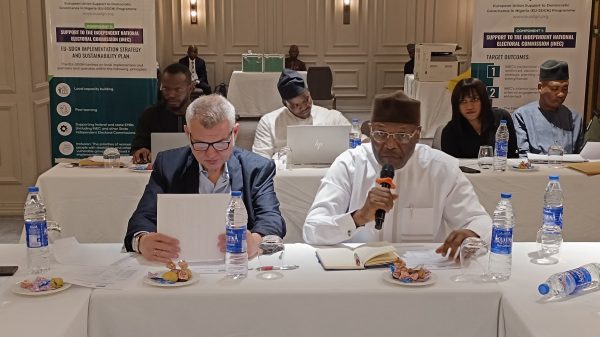
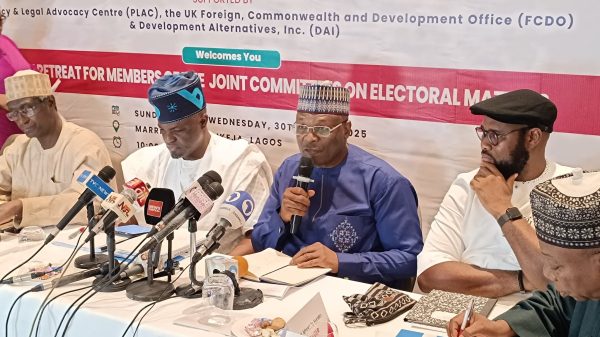
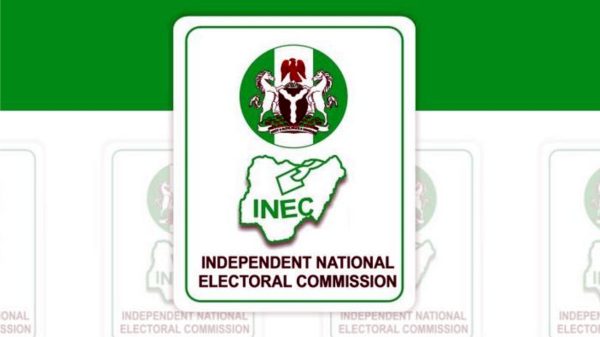
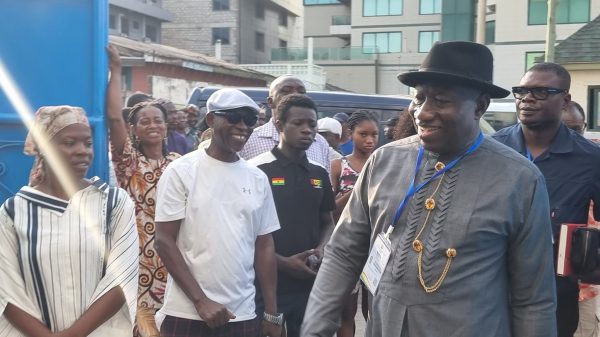

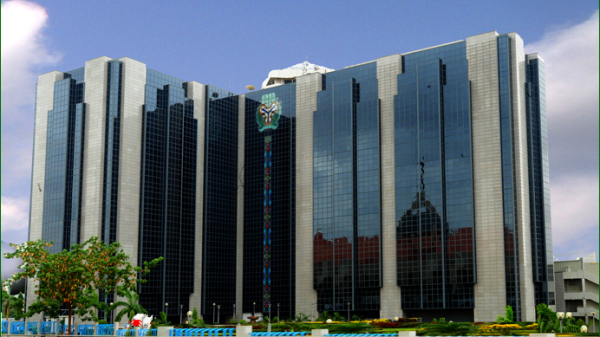
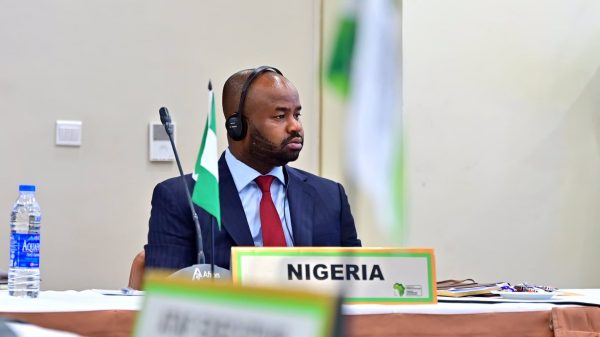
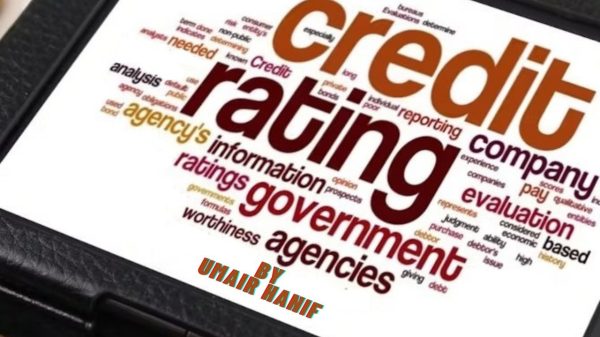
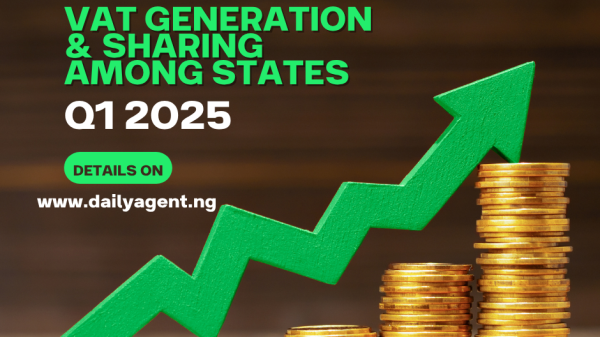

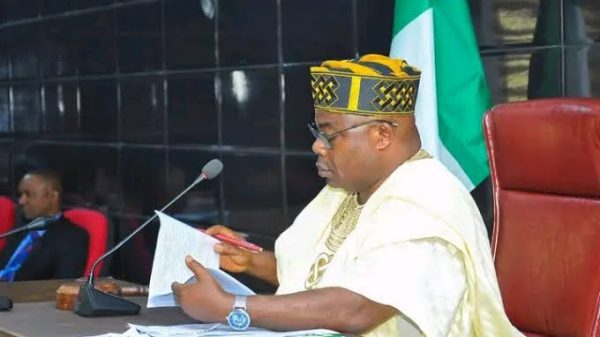

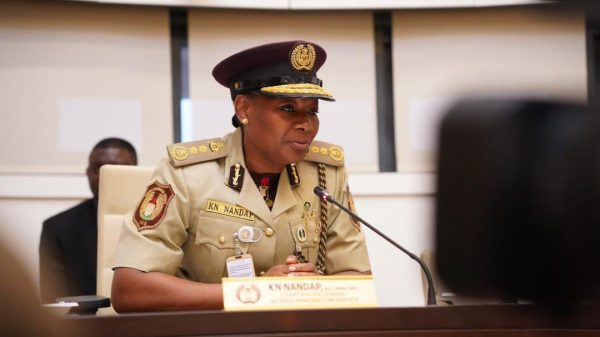


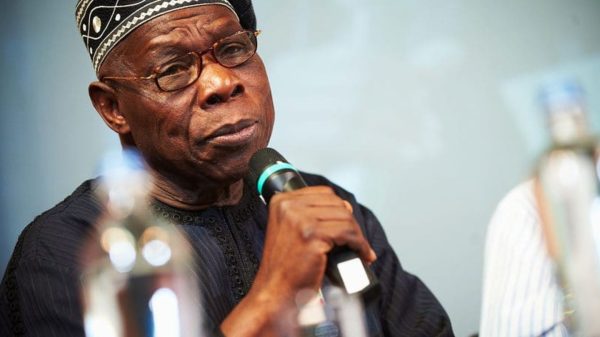
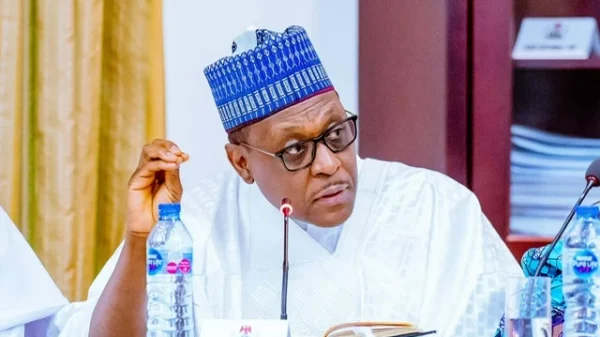

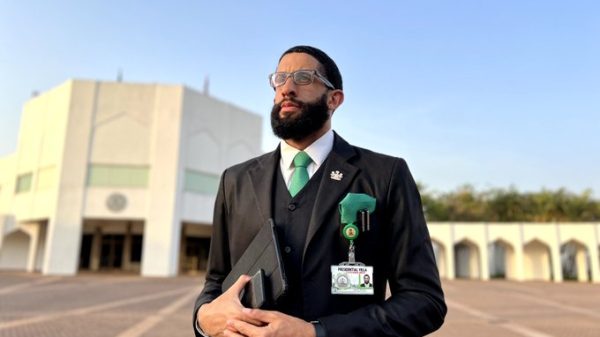
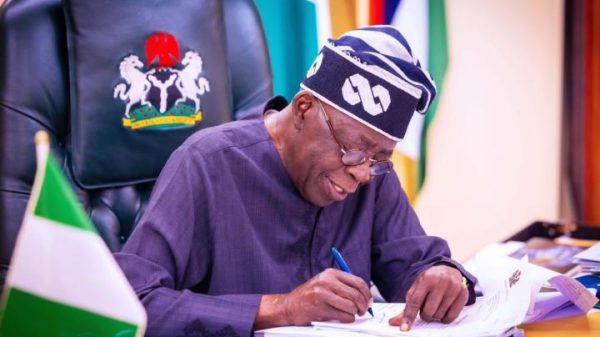
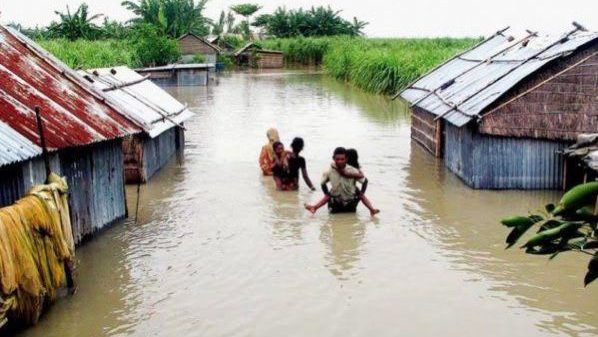
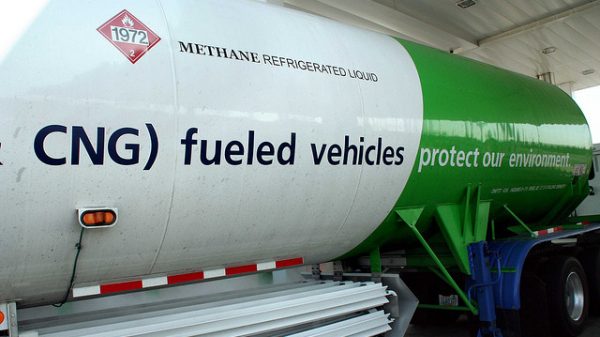
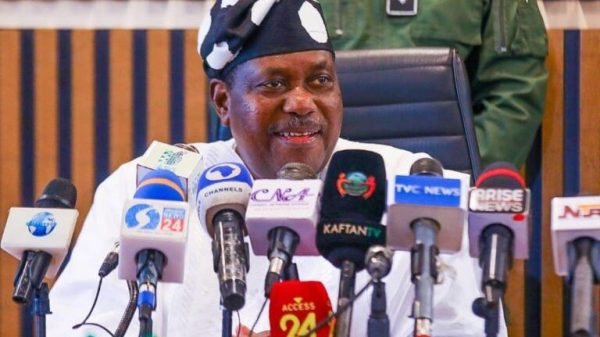
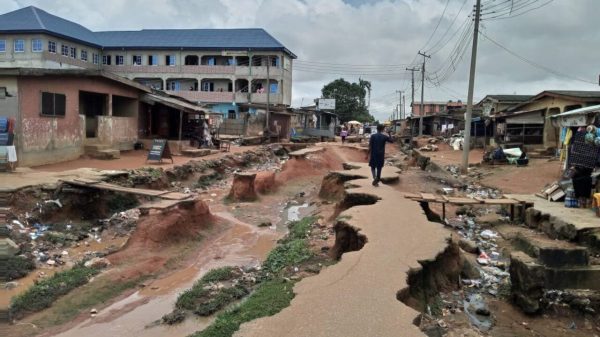

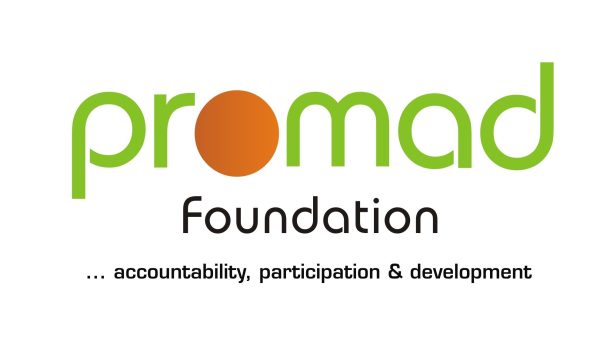
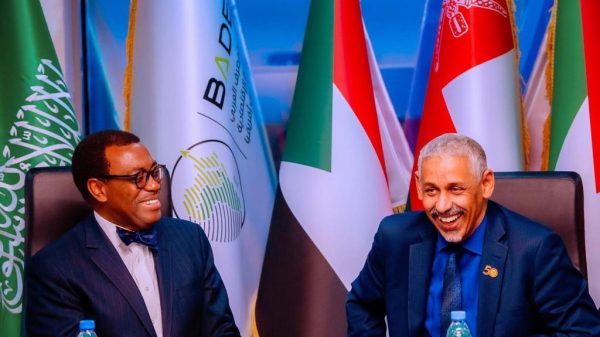
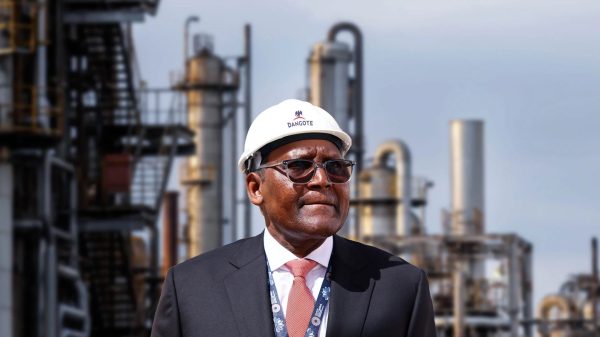
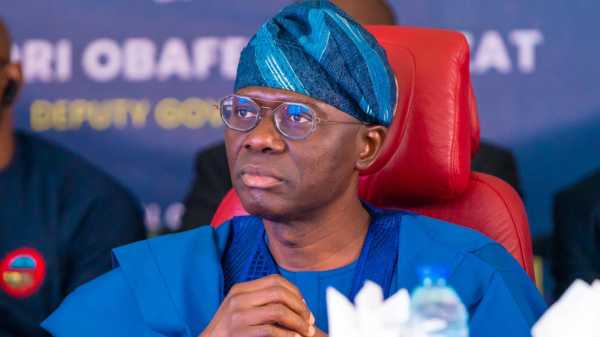

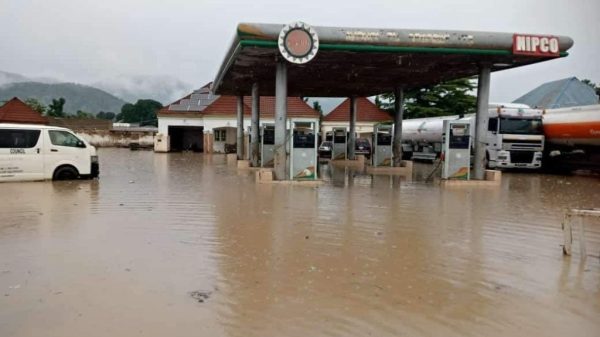
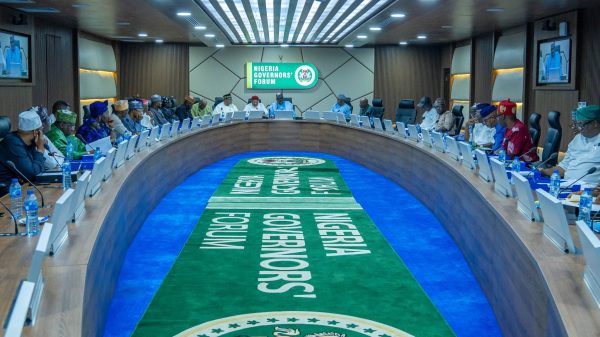




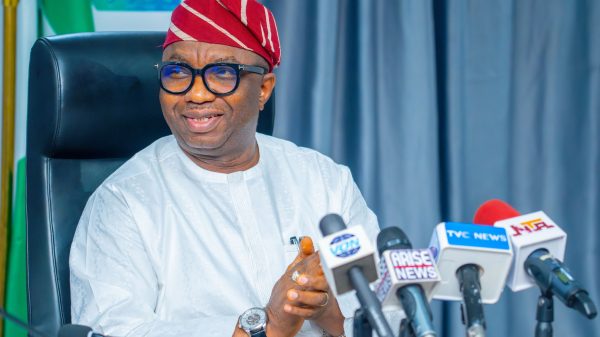






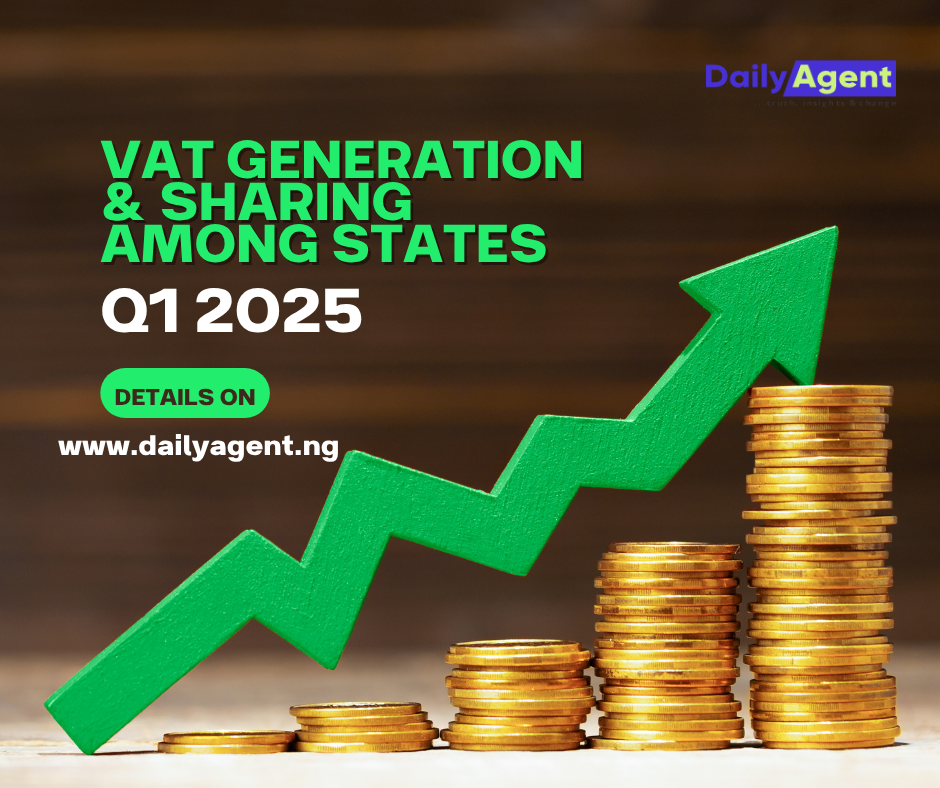
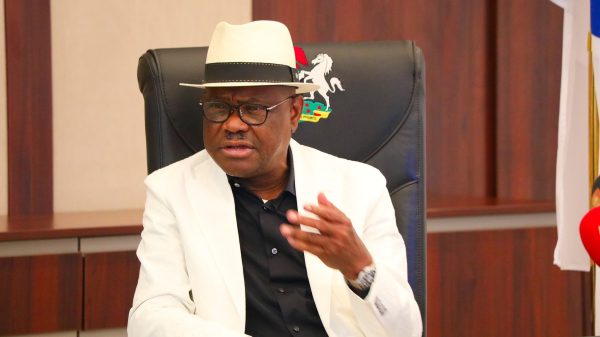

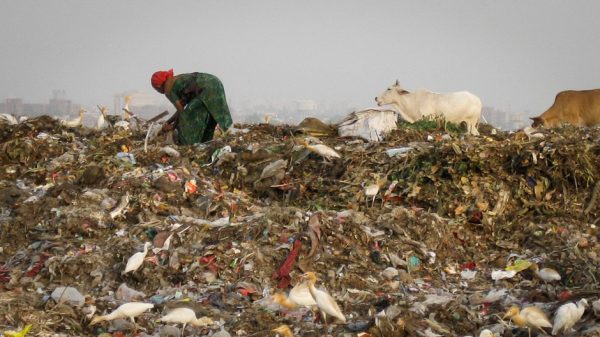

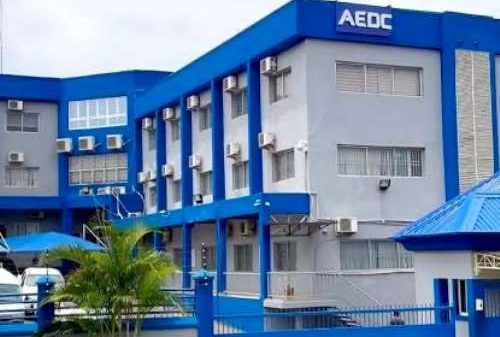



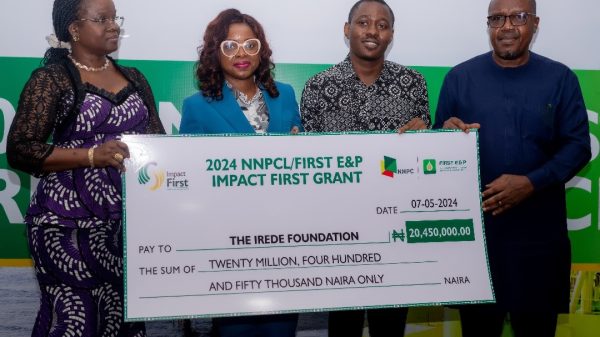

Pingback: Again, petrol queues return to Lagos filling stations as black market grows in Abuja - | Technocrat Media Nigeria
Pingback: FG has no intention to increase petrol prices during yuletide—NMDPRA - | TechnocratMedia Nigeria